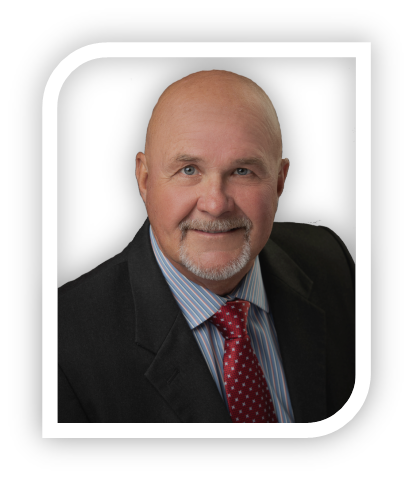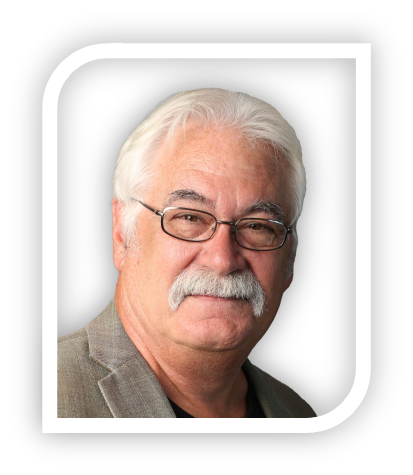|
CRUDE OIL DESALTING |
“Great opportunity to expand knowledge as a relatively new engineer and be able to discuss current site operations with course instructors and those who operate their sites differently. Able to compare what is seen on a day to day basis at my site with what is typically seen in industry.”
— Process Engineer, Monroe Energy, LLC, United States
“Excellent training course, professional, experienced trainers with extensive experience. It helped me deeper my understanding of the basis of desalting ops and to better understand the challenges and needs of return from a supplier perspective. ”
— BDM Downstream , Tracerco, United States
“the overall content of this course was excellent. It really outs in perspective what are our desalter are doing and the content and instructors provide knowledge and best practices to take back to our team and our facility.”
— Process Manager, Flint Hills Resources, United States
“Worth the time and investment. Recommend training for experienced folks to ask questions and create the opportunity to just think about desalters.”
— District Rep., Nalco Water – Downstream, Argentina
“Great insights especially for people who feel it’s Just a desalter”.
— Engineer, Flint Hills Resources, United States
| Schedule | Date | Time | PDH | Venue/Platform | Cost | Register |
|---|---|---|---|---|---|---|
| Fall 2024 | October 21 – 22, 2024 | 8:00 AM – 5:00 PM Central Time (UTC -6) |
16 hrs. | Sheraton North Houston at George Bush Intercontinental Accepts in-person and virtual attendees |
US$2,300 |
| Outline: | ||||
|
|
|||
|
Who Should Attend:
Program participants will have the opportunity to obtain a broad working knowledge of desalter operations, to gain insight into advancements in the field, and to interact with others working in this area. The program is ideal for personnel involved in refinery process engineering, plant operations, and technical service. Process engineers from design and construction companies as well as those providing services to the petroleum refining industry should also find this program very beneficial. |
||||
| Instructors: | |

|
Tom Collins is President of NEET Corporation. He retired in 2019 as Vice President- Electrostatic Process at Forum Energy Technologies in Houston, Texas. His responsibilities have included technical sales, process review, desalter design, troubleshooting, training, optimization and business development. Tom started in the Technical Service Department at Petreco in 1980, servicing desalters worldwide. He spent his career in the field of desalting and has over 42 years experience in this area. Tom has authored and co-authored papers on desalting for the American Institute of Chemical Engineers, and has been active in the AFPM, formerly the NPRA, for over 30 years.
|

|
Sam Lordo is a recognized industry expert and has over 45 years’ experience in refinery process chemistry/chemical treatments, opportunity crude processing and crude desalting. During his 45 years of corrosion / refining / petrochemical experience, he has been involved in all aspects of managing risk due changing crude slates and process conditions; including corrosion prevention, fouling prevention and control, failure analysis, and crude desalting.
He also directed research and provided technical support to sites in the areas of:
Sam has participated in the development of 4 patents. Sam has been a member of NACE for >20 years, author of several papers on corrosion control, desalting, crude oil management. With NACE Sam participated in a number of Task Groups contributor. Sam is active in Crude Oil Quality Association (COQA) and the Opportunity Crude Conferences presenting on a wide variety of topic regarding crude oil processing. He is an active member of and American Fuels and Petrochemical Manufacturers (AFPM). At AFPM was a member of the 2002 AFPM Q&A Panel, worked on the screening committee (>20 years) and received the 2016 AFPM Lifetime Achievement Award. Education: University of Missouri Columbia, BS Chemical Engineering. |
Discounts:
Becht offers the following discounts on Public Training:
The highest applicable discount will be applied; discounts are not additive.
- Early Registration – A 10% discount is to be provided when you register 30 days before the start date of the training.
- Group Rate – A group discount is applied when you send three or more people from your organization to the same course and provide a single payment.
- Yearly Commitment Discount – A 25% discount when you prepay for a minimum of 10 participants from your organization to any of the courses in the same year.
| No. of Registrants | Discount/Person | ||
|---|---|---|---|
| 3 | 10% | ||
| 4 – 6 | 20% | ||
| 7 and up | 25% |
Cancellation Policy:
Full refunds or course transfers are available 4 weeks prior to the class start date. Cancellations 2-4 weeks out are eligible for course transfers or a refund of 60% of the registration fee. Cancellations within 2 weeks of the class will not be eligible for a refund. For any inquiries, please email training01@becht.com.
